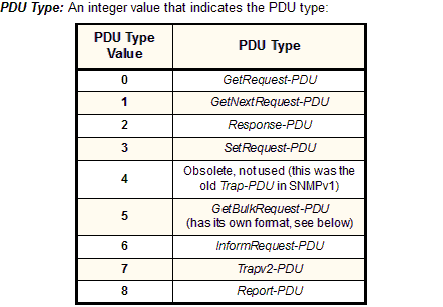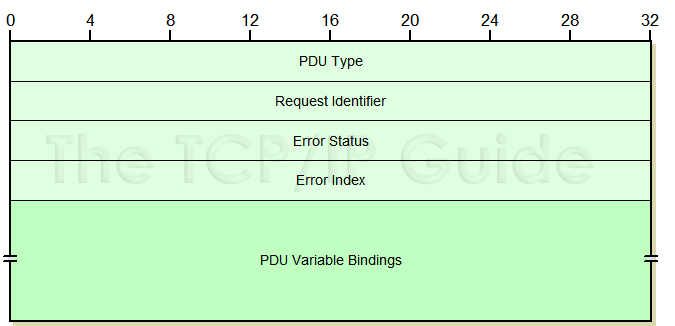 |
|
Please Whitelist This Site?
I know everyone hates ads. But please understand that I am providing premium content for free that takes hundreds of hours of time to research and write. I don't want to go to a pay-only model like some sites, but when more and more people block ads, I end up working for free. And I have a family to support, just like you. :)
If you like The TCP/IP Guide, please consider the download version. It's priced very economically and you can read all of it in a convenient format without ads.
If you want to use this site for free, I'd be grateful if you could add the site to the whitelist for Adblock. To do so, just open the Adblock menu and select "Disable on tcpipguide.com". Or go to the Tools menu and select "Adblock Plus Preferences...". Then click "Add Filter..." at the bottom, and add this string: "@@||tcpipguide.com^$document". Then just click OK.
Thanks for your understanding!
Sincerely, Charles Kozierok
Author and Publisher, The TCP/IP Guide
|
|
|

Custom Search
|
|
SNMP Version 2 (SNMPv2) Message Formats
(Page 5 of 6)
SNMPv2 PDU Formats
The format of protocol data units in SNMPv2 is described in RFC 1905, and is similar to that of SNMPv1. The format for all PDUs in SNMPv2 is the same, except for the GetBulkRequest-PDU message. (Oddly, this includes the Trapv2-PDU message, even though the Trap-PDU message in SNMPv1 used a distinct format).
Table 218 and Figure 283 show this common PDU format. Table 219 contains a listing of the different values for the Error Status field and how they are interpreted.
Field Name |
Syntax |
Size (bytes) |
Description |
PDU Type |
Integer (Enumerated) |
4 |

|
Request ID |
Integer |
4 |
Request Identifier: A number used to match requests with replies. It is generated by the device that sends a request and copied into this field in a Response-PDU by the responding SNMP entity. |
Error Status |
Integer (Enumerated) |
4 |
Error Status: An
integer value that is used in a Response-PDU to tell the requesting
SNMP entity the result of its request. A value of zero indicates that
no error occurred; the other values indicate what sort of error happened. |
Error Index |
Integer |
4 |
Error Index: When Error Status is non-zero, this field contains a pointer that specifies which object generated the error. Always zero in a request. |
Variable Bindings |
Variable |
Variable |
Variable Bindings: A set of name-value pairs identifying the MIB objects in the PDU, and in the case of messages other than requests, containing their values. See the general message format topic for more on these bindings. |
Error Status Value |
Error Code |
Description |
0 |
noError |
No error occurred. This code is also used in all request PDUs, since they have no error status to report. |
1 |
tooBig |
The size of the Response-PDU would be too large to transport. |
2 |
noSuchName |
The name of a requested object was not found. |
3 |
badValue |
A value in the request didn't match the structure that the recipient of the request had for the object. For example, an object in the request was specified with an incorrect length or type. |
4 |
readOnly |
An attempt was made to set a variable that has an Access value indicating that it is read-only. |
5 |
genErr |
An error occurred other than one indicated by a more specific error code in this table. |
6 |
noAccess |
Access was denied to the object for security reasons. |
7 |
wrongType |
The object type in a variable binding is incorrect for the object. |
8 |
wrongLength |
A variable binding specifies a length incorrect for the object. |
9 |
wrongEncoding |
A variable binding specifies an encoding incorrect for the object. |
10 |
wrongValue |
The value given in a variable binding is not possible for the object. |
11 |
noCreation |
A specified variable does not exist and cannot be created. |
12 |
inconsistentValue |
A variable binding specifies a value that could be held by the variable but cannot be assigned to it at this time. |
13 |
resourceUnavailable |
An attempt to set a variable required a resource that is not available. |
14 |
commitFailed |
An attempt to set a particular variable failed. |
15 |
undoFailed |
An attempt to set a particular variable as part of a group of variables failed, and the attempt to then undo the setting of other variables was not successful. |
16 |
authorizationError |
A problem occurred in authorization. |
17 |
notWritable |
The variable cannot be written or created. |
18 |
inconsistentName |
The name in a variable binding specifies a variable that does not exist. |
|
|
| |||||||||||||||||||
Home - Table Of Contents - Contact Us
The TCP/IP Guide (http://www.TCPIPGuide.com)
Version 3.0 - Version Date: September 20, 2005
© Copyright 2001-2005 Charles M. Kozierok. All Rights Reserved.
Not responsible for any loss resulting from the use of this site.







